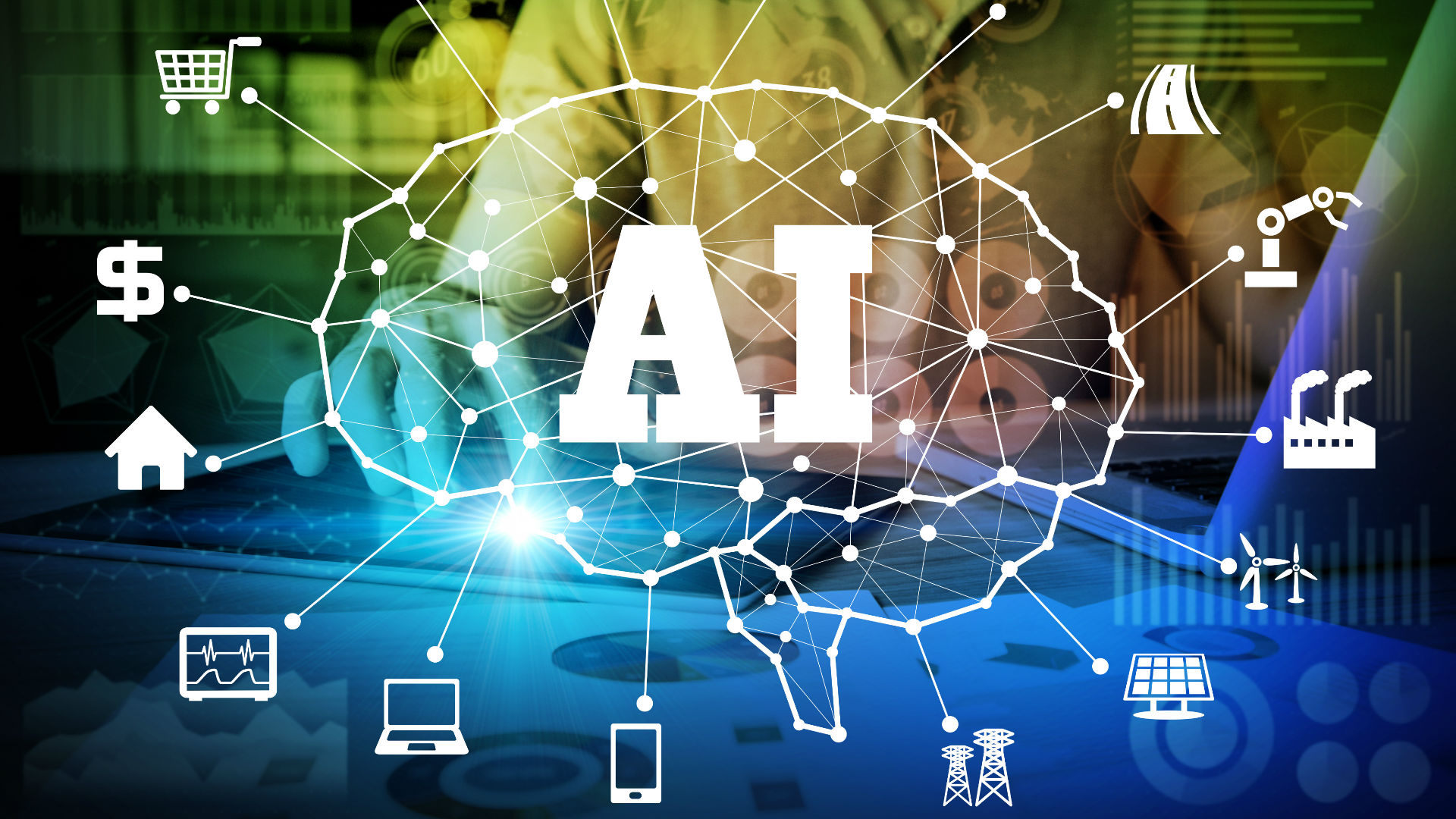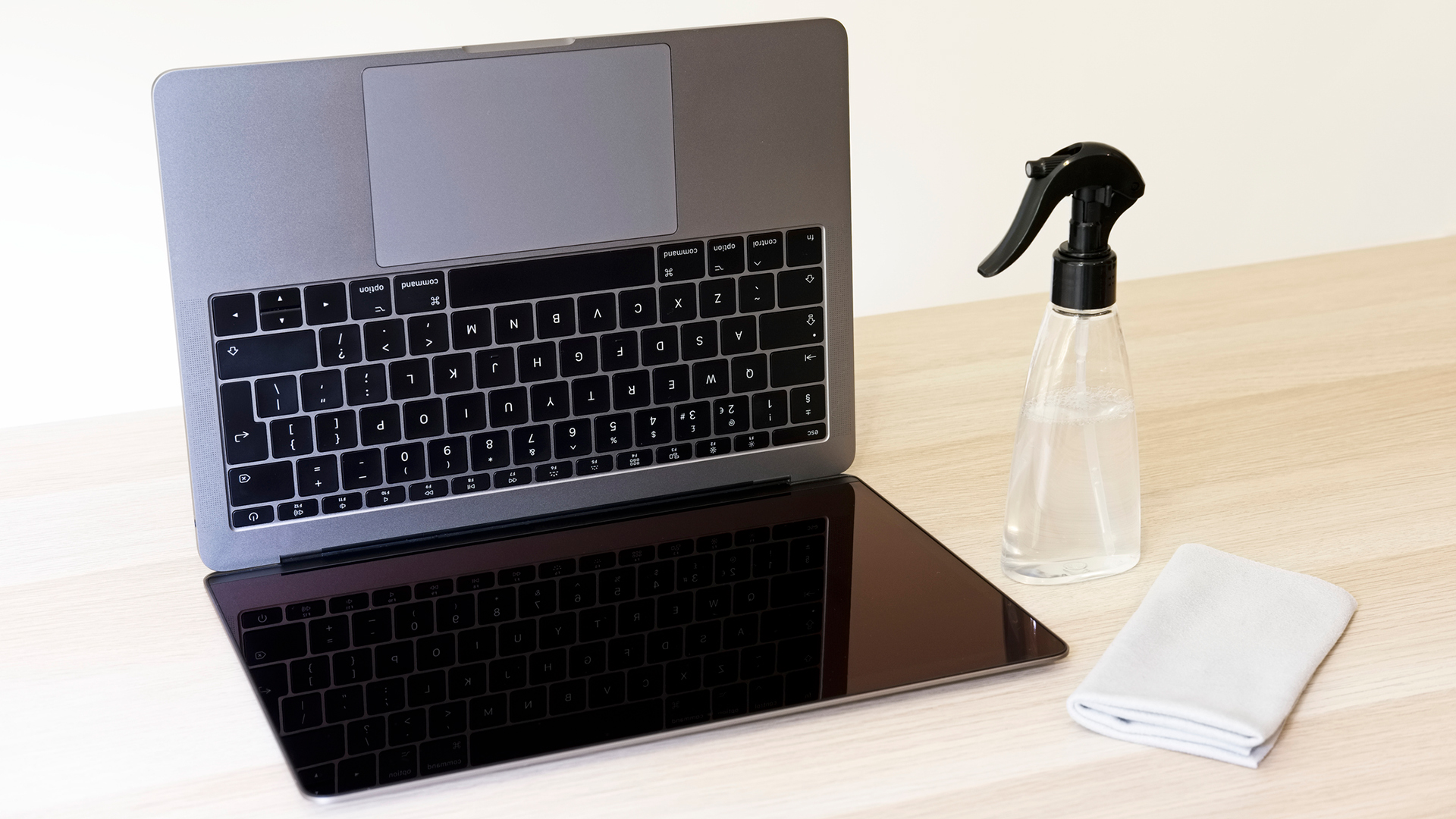International Space Station to get an AI-powered robot crew member
CIMON will help astronauts repair parts of the ISS, giving them more time for research


Sign up today and you will receive a free copy of our Future Focus 2025 report - the leading guidance on AI, cybersecurity and other IT challenges as per 700+ senior executives
You are now subscribed
Your newsletter sign-up was successful
An AI-powered robot is currently on its way to space to help International Space Station (ISS) astronauts carry out repair missions, NASA has announced.
CIMON (Crew Interactive Mobile Companion) was placed aboard a SpaceX rocket, which took off on Friday as part of a resupply mission to the ISS.
CIMON is a voice-activated piece of kit that can display instructions to fix parts of the spacecraft without an astronaut having to use their hands at all. The robot is ball-shaped, with a screen that resembles a face, it can fly thanks to tech developed by Airbus, and can recognise voices using IBM's Watson tech. It'll also guide crew on research projects or experiments, with everything stored in a huge database.
Although it's pretty smart, it'll have to pass a few training projects before it can be used for the more important tasks, NASA explained. German astronaut Alexander Gerst will be in charge of testing its intelligence using CIMON to experiment with crystals and a Rubik's cube. He will also test its capabilities as part of a medical experiment, where the robot will be expected to fly and record footage.
The robot has already been programmed to respond to Gerst's voice, saving time once it arrives at the ISS, so he can commence testing whether AI could have a future helping astronauts in volatile environments. If the collaboration between IBM, Airbus, the German Aerospace Center and Ludwig-Maximilian University Hospital in Munich is successful, it could give the go-ahead for others to develop AI robots for use in space.
"The aim of the CIMON project is to examine the current capabilities of artificial intelligence in a complex environment such as the International Space Station, in order to provide the best possible support to people in such conditions," said Matthias Biniok, IBM's lead Watson architect in Germany.
"These skills can be individually trained and enhanced within the context of their respective application. Artificial intelligence also makes particular use of artificial neural networks."
Sign up today and you will receive a free copy of our Future Focus 2025 report - the leading guidance on AI, cybersecurity and other IT challenges as per 700+ senior executives
The partnership is somewhat ironic given SpaceX founder Elon Musk's staunch criticism of artificial intelligence and its potential to replace human workers. He once described work in the field as "summoning the devil", and last year said the technology posed an existential threat to humanity.
Image: Shutterstock

Clare is the founder of Blue Cactus Digital, a digital marketing company that helps ethical and sustainability-focused businesses grow their customer base.
Prior to becoming a marketer, Clare was a journalist, working at a range of mobile device-focused outlets including Know Your Mobile before moving into freelance life.
As a freelance writer, she drew on her expertise in mobility to write features and guides for ITPro, as well as regularly writing news stories on a wide range of topics.
-
 Touchscreen laptops are always a bad idea
Touchscreen laptops are always a bad ideaOpinion If the rumors of a touchscreen MacBook prove correct, it will kill my confidence in the brand
-
 HPE appoints Neil Dover as new Ireland sales chief
HPE appoints Neil Dover as new Ireland sales chiefNews Dover will lead the vendor’s sales teams in Ireland following its national go-to-market revamp and recent Galway investment